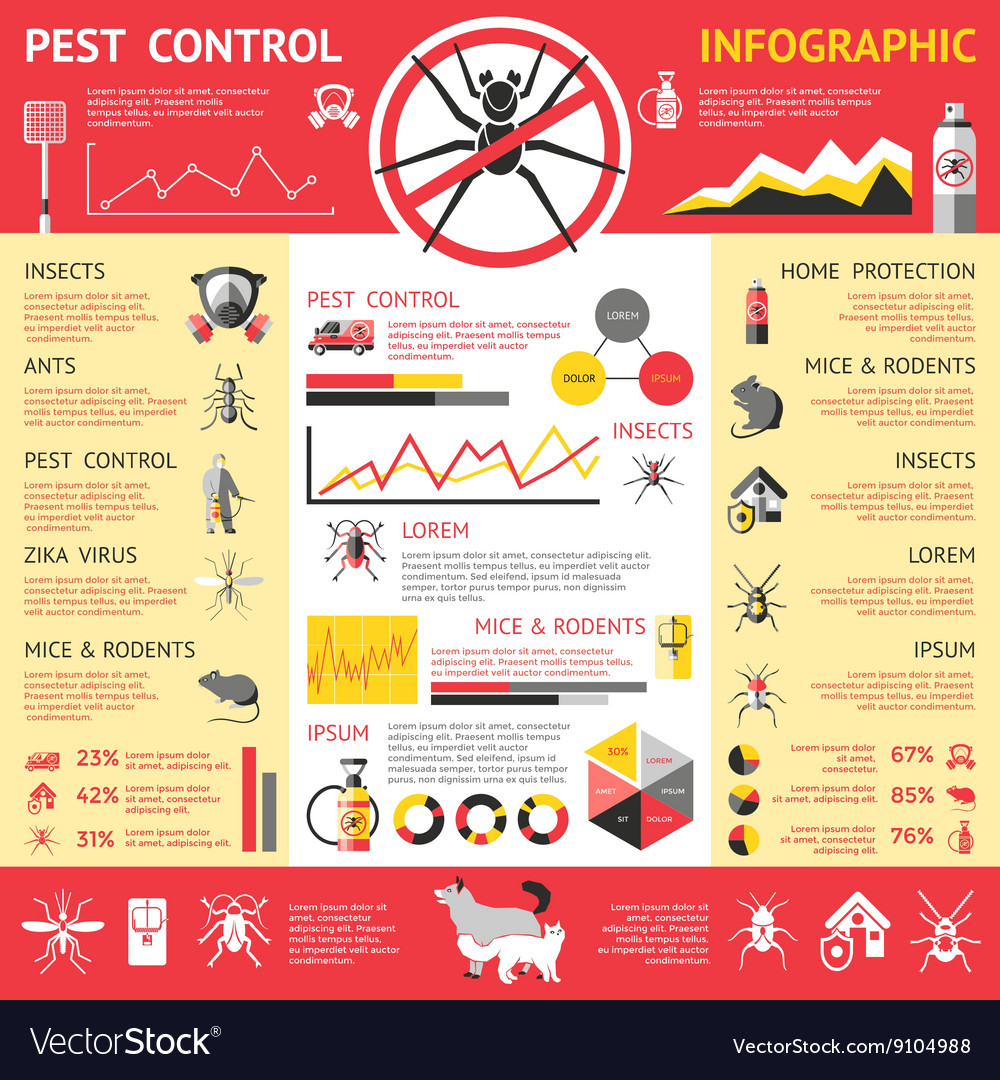Lasting Solutions For Bug Administration: An Eco-Friendly Overview
Lasting Solutions For Bug Administration: An Eco-Friendly Overview
Blog Article
Short Article Created By-Albright McBride
They say 'prevention is better than remedy,' and this expression applies when it pertains to pest control. You may recognize the value of maintaining your home or organization devoid of pests, yet have you ever before considered the environmental effect of the methods utilized to attain this?
In this discussion, we will certainly discover the different pest control techniques readily available and their prospective results on the atmosphere. From using chemical pesticides to all-natural pest control approaches and lasting methods like integrated insect management, there is much to learn about the choices we make and their influence on the world around us.
So, distort up and get ready to discover the reality behind pest control approaches and their ecological consequences.
Chemical Pesticides and Their Ecological Influence
Chemical chemicals have a significant environmental impact, which can be much better comprehended by analyzing their use and effects.
When you make use of chemical pesticides to regulate bugs, they can wind up hurting not just the targeted insects however additionally valuable insects, birds, and various other pets. https://docs.google.com/spreadsheets/d/11M6uqTa5GD7C0me1M7UYYv240lSuvgaiGvl6PEtCF5I/edit#gid=1195433189 remain in the environment, infecting soil, water, and air. They can additionally accumulate in the food chain, posing a threat to human wellness.
Furthermore, https://www.pctonline.com/article/a-bankable-source-of-revenue-/ can interfere with environments by killing off natural predators of parasites, causing an inequality in the community. Moreover, some pesticides have actually been linked to the decline of pollinators like , which are crucial for plant recreation.
It's important to think about these environmental influences when taking into consideration insect control methods.
Natural Pest Control Approaches and Their Eco-Friendliness
All-natural pest control approaches provide an eco-friendly choice to chemical pesticides. By using all-natural components and methods, you can effectively handle bugs while reducing harm to the setting. Here are four eco-friendly bug control techniques to take into consideration:
1. Biological control: Present all-natural killers, such as ladybugs or nematodes, to regulate pest populaces naturally.
2. Physical obstacles: Use nets, displays, or row covers to literally stop pests from reaching your plants.
3. Friend growing: Expand pest-repelling plants along with your crops to prevent insects normally. As an example, growing marigolds can drive away aphids and various other bugs.
4. Self-made treatments: Create DIY insect control remedies making use of ingredients like vinegar, cooking soda, or necessary oils. These all-natural solutions can aid ward off bugs without harmful chemicals.
Integrated Bug Administration: A Lasting Strategy
To successfully take care of insect populaces while lessening damage to the atmosphere, take into consideration embracing an integrated insect management technique, which focuses on lasting practices.
Integrated Pest Administration (IPM) is a holistic method that integrates different pest control methods to achieve long-term pest administration goals. It intends to lessen making use of chemical pesticides and rather stresses prevention, tracking, and using non-chemical controls.
By incorporating multiple techniques, such as biological control, cultural methods, and mechanical approaches, IPM provides an effective and lasting remedy for bug control.
This technique not just minimizes the negative effect on the environment yet likewise advertises the general wellness of ecosystems.
Final thought
So, now you know the ins and outs of insect control techniques and their impact on the atmosphere.
From the harmful impacts of chemical pesticides to the eco-friendliness of natural pest control approaches, it's clear that we must prioritize sustainable approaches like incorporated parasite monitoring.
Just like a delicate environment, locating the appropriate equilibrium is essential for maintaining our setting and maintaining pests at bay.
